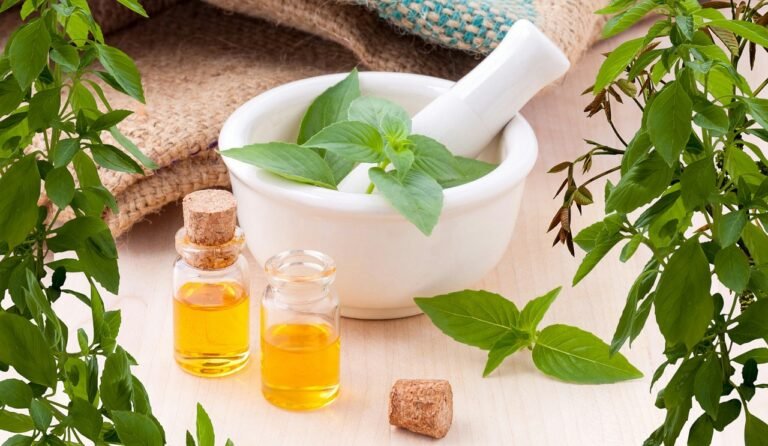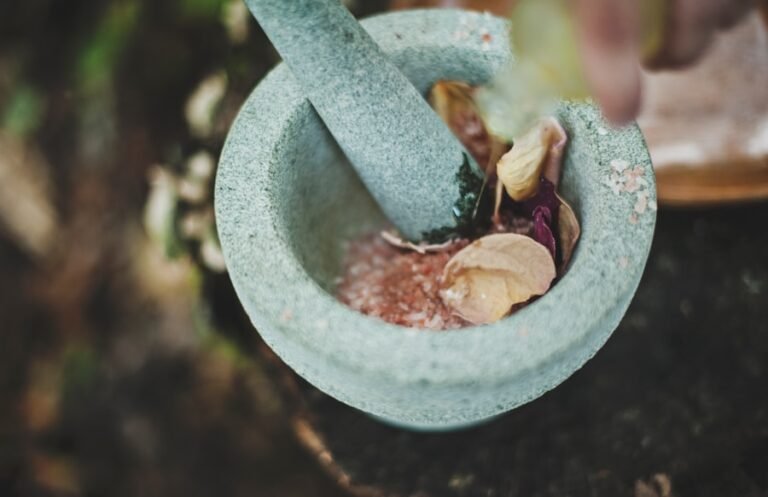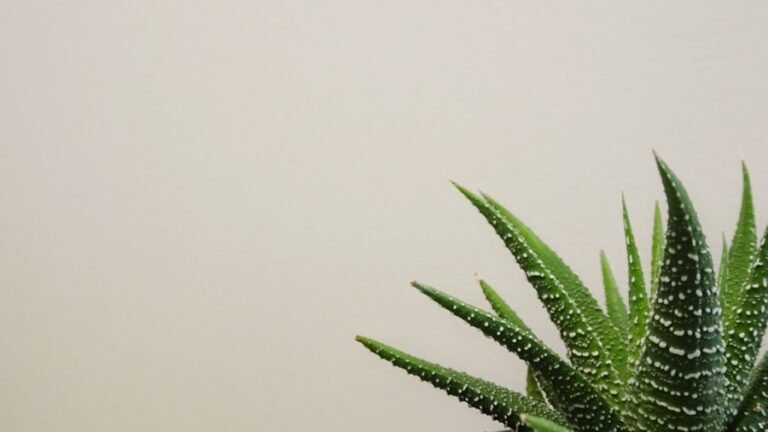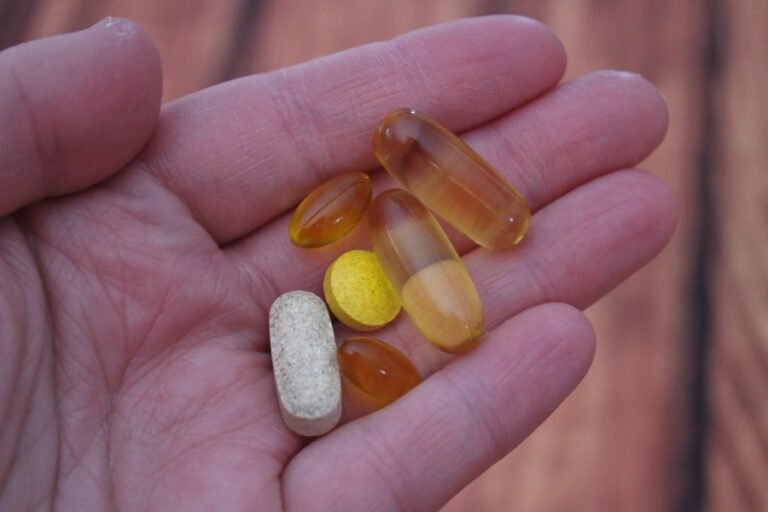Natural Solutions: Home Remedies to Combat Dry Skin
Dry skin is a common condition that can affect people of all ages. It occurs when the skin loses its natural oils and moisture, leading to a rough, flaky, and sometimes itchy appearance. There are several factors that can contribute to dry skin, including environmental factors such as cold weather, low humidity, and excessive sun exposure. Additionally, certain medical conditions such as eczema, psoriasis, and thyroid disorders can also cause dry skin. Symptoms of dry skin may include tightness, itching, redness, and rough patches on the skin. It is important to understand the causes and symptoms of dry skin in order to effectively treat and manage the condition.
Dry skin can be caused by a variety of factors, including genetics, age, and environmental conditions. Genetics play a role in determining an individual’s skin type, with some people naturally having drier skin than others. As we age, our skin naturally becomes thinner and loses its ability to retain moisture, making it more prone to dryness. Environmental factors such as cold weather, low humidity, and excessive sun exposure can also contribute to dry skin by stripping the skin of its natural oils and moisture. Additionally, certain medical conditions such as eczema, psoriasis, and thyroid disorders can cause dry skin as well. It is important to be aware of these causes in order to effectively address and manage dry skin.
Natural Oils and Butters for Hydration
When it comes to hydrating dry skin, natural oils and butters can be incredibly beneficial. These natural ingredients are rich in essential fatty acids and vitamins that help to nourish and moisturize the skin. Some of the best natural oils for dry skin include coconut oil, argan oil, and jojoba oil. These oils are easily absorbed by the skin and help to lock in moisture, leaving the skin feeling soft and supple. Shea butter and cocoa butter are also excellent choices for hydrating dry skin. These butters are rich in antioxidants and have anti-inflammatory properties that can help to soothe and nourish the skin. Incorporating natural oils and butters into your skincare routine can help to improve the hydration levels of your skin and prevent dryness.
Natural oils and butters are excellent options for hydrating dry skin due to their rich content of essential fatty acids and vitamins. Coconut oil is a popular choice for moisturizing dry skin due to its high levels of lauric acid, which has antimicrobial and anti-inflammatory properties. Argan oil is another great option for hydrating dry skin, as it is rich in vitamin E and essential fatty acids that help to nourish and protect the skin. Jojoba oil is known for its similarity to the skin’s natural oils, making it easily absorbed and effective at moisturizing dry skin. Shea butter and cocoa butter are also highly beneficial for hydrating dry skin, as they are rich in antioxidants and have anti-inflammatory properties that can help to soothe and nourish the skin. By incorporating these natural oils and butters into your skincare routine, you can effectively improve the hydration levels of your skin and prevent dryness.
DIY Exfoliating Scrubs to Remove Dead Skin
Exfoliating scrubs are an excellent way to remove dead skin cells and promote healthy, glowing skin. For those with dry skin, it is important to use gentle exfoliants that will not further irritate or strip the skin of its natural oils. A DIY exfoliating scrub can be made using natural ingredients such as sugar, honey, and olive oil. Sugar is a gentle exfoliant that helps to slough off dead skin cells, while honey has antibacterial properties that can help to soothe and moisturize the skin. Olive oil is rich in antioxidants and has moisturizing properties that can help to nourish the skin. By combining these ingredients into a homemade exfoliating scrub, you can effectively remove dead skin cells and reveal smoother, more radiant skin.
Exfoliating scrubs are a great way to remove dead skin cells and promote healthy, glowing skin, especially for those with dry skin. When making a DIY exfoliating scrub for dry skin, it is important to use gentle ingredients that will not further irritate or strip the skin of its natural oils. Sugar is a popular choice for a gentle exfoliant, as it helps to slough off dead skin cells without being too abrasive. Honey is another beneficial ingredient for a DIY exfoliating scrub, as it has antibacterial properties that can help to soothe and moisturize the skin. Olive oil is rich in antioxidants and has moisturizing properties that can help to nourish the skin. By combining these natural ingredients into a homemade exfoliating scrub, you can effectively remove dead skin cells and reveal smoother, more radiant skin.
Soothing Baths and Soaks for Dry Skin
Taking soothing baths and soaks can be a great way to hydrate dry skin and promote relaxation. Adding natural ingredients such as oatmeal, baking soda, or milk to your bath can help to soothe dry, itchy skin. Oatmeal has anti-inflammatory properties that can help to calm irritated skin, while baking soda can help to balance the pH levels of the skin and reduce itching. Milk is rich in lactic acid, which helps to exfoliate the skin and promote moisture retention. Additionally, adding a few drops of essential oils such as lavender or chamomile can further enhance the soothing effects of your bath. By incorporating these natural ingredients into your bath routine, you can effectively hydrate your dry skin while enjoying a relaxing spa-like experience.
Soothing baths and soaks can be incredibly beneficial for hydrating dry skin while promoting relaxation. Adding natural ingredients such as oatmeal, baking soda, or milk to your bath can help to soothe dry, itchy skin. Oatmeal has anti-inflammatory properties that can help to calm irritated skin, while baking soda can help to balance the pH levels of the skin and reduce itching. Milk is rich in lactic acid, which helps to exfoliate the skin and promote moisture retention. Additionally, adding a few drops of essential oils such as lavender or chamomile can further enhance the soothing effects of your bath. By incorporating these natural ingredients into your bath routine, you can effectively hydrate your dry skin while enjoying a relaxing spa-like experience.
Herbal Teas and Supplements for Skin Health
Herbal teas and supplements can be beneficial for promoting overall skin health, including hydration. Drinking herbal teas such as green tea or chamomile tea can provide antioxidants that help to protect the skin from damage caused by free radicals. Additionally, certain herbal supplements such as fish oil or flaxseed oil contain omega-3 fatty acids that can help to improve the hydration levels of the skin. Omega-3 fatty acids are essential for maintaining healthy cell membranes, which in turn helps to keep the skin hydrated and supple. By incorporating herbal teas and supplements into your daily routine, you can support your overall skin health while promoting hydration from within.
Herbal teas and supplements can be beneficial for promoting overall skin health, including hydration. Drinking herbal teas such as green tea or chamomile tea can provide antioxidants that help to protect the skin from damage caused by free radicals. Additionally, certain herbal supplements such as fish oil or flaxseed oil contain omega-3 fatty acids that can help to improve the hydration levels of the skin. Omega-3 fatty acids are essential for maintaining healthy cell membranes, which in turn helps to keep the skin hydrated and supple. By incorporating herbal teas and supplements into your daily routine, you can support your overall skin health while promoting hydration from within.
Humidifiers and Home Environment Tips
Maintaining a proper home environment is crucial for preventing dry skin. Using a humidifier in your home can help to add moisture to the air, which in turn helps to prevent dryness in the skin. Additionally, avoiding long hot showers or baths can help to prevent further drying out of the skin. Using gentle cleansers and moisturizers that are free from harsh chemicals or fragrances can also help to maintain the natural moisture balance of the skin. It is important to pay attention to your home environment in order to create a space that promotes healthy, hydrated skin.
Maintaining a proper home environment is crucial for preventing dry skin. Using a humidifier in your home can help to add moisture to the air, which in turn helps to prevent dryness in the skin. Additionally, avoiding long hot showers or baths can help to prevent further drying out of the skin. Using gentle cleansers and moisturizers that are free from harsh chemicals or fragrances can also help to maintain the natural moisture balance of the skin. It is important to pay attention to your home environment in order to create a space that promotes healthy, hydrated skin.
Lifestyle Changes for Long-Term Skin Hydration
In addition to skincare products and home environment tips, making lifestyle changes can also contribute to long-term hydration of the skin. Drinking plenty of water throughout the day helps to keep the body hydrated from within, which in turn reflects on the health of the skin. Eating a balanced diet rich in fruits, vegetables, and healthy fats provides essential nutrients that support overall skin health. Getting regular exercise helps to improve blood circulation, which in turn promotes healthy cell turnover in the skin. Additionally, managing stress levels through relaxation techniques such as meditation or yoga can help to prevent stress-related flare-ups of dry skin. By making these lifestyle changes, you can support long-term hydration of your skin from within.
In addition to skincare products and home environment tips, making lifestyle changes can also contribute to long-term hydration of the skin. Drinking plenty of water throughout the day helps to keep the body hydrated from within, which in turn reflects on the health of the skin. Eating a balanced diet rich in fruits, vegetables, and healthy fats provides essential nutrients that support overall skin health. Getting regular exercise helps to improve blood circulation, which in turn promotes healthy cell turnover in the skin. Additionally, managing stress levels through relaxation techniques such as meditation or yoga can help to prevent stress-related flare-ups of dry skin. By making these lifestyle changes, you can support long-term hydration of your skin from within.
In conclusion, understanding the causes and symptoms of dry skin is crucial for effectively treating and managing this common condition. Natural oils and butters such as coconut oil, argan oil, shea butter, and cocoa butter are excellent choices for hydrating dry skin due to their rich content of essential fatty acids and vitamins. DIY exfoliating scrubs made with gentle ingredients such as sugar, honey, and olive oil can effectively remove dead skin cells without further irritating the skin. Soothing baths with natural ingredients such as oatmeal or milk can help to hydrate dry skin while promoting relaxation. Herbal teas and supplements containing antioxidants or omega-3 fatty acids support overall skin health while promoting hydration from within.
Maintaining a proper home environment with a humidifier and gentle skincare products is crucial for preventing dryness in the skin. Making lifestyle changes such as drinking plenty of water throughout the day, eating a balanced diet rich in fruits and vegetables, getting regular exercise, and managing stress levels through relaxation techniques all contribute to long-term hydration of the skin from within. By incorporating these tips into your daily routine, you can effectively manage dryness in the skin while promoting overall health and well-being.
Maintaining a proper home environment with a humidifier and gentle skincare products is crucial for preventing dryness in the skin. Making lifestyle changes such as drinking plenty of water throughout the day, eating a balanced diet rich in fruits and vegetables, getting regular exercise, and managing stress levels through relaxation techniques all contribute to long-term hydration of the skin from within. By incorporating these tips into your daily routine, you can effectively manage dryness in the skin while promoting overall health and well-being. Additionally, using a moisturizer with ingredients like hyaluronic acid and ceramides can help lock in moisture and repair the skin’s natural barrier. It’s also important to avoid hot showers and harsh soaps, as they can strip the skin of its natural oils and contribute to dryness. Taking these steps will not only keep your skin hydrated but also improve its overall texture and appearance.







